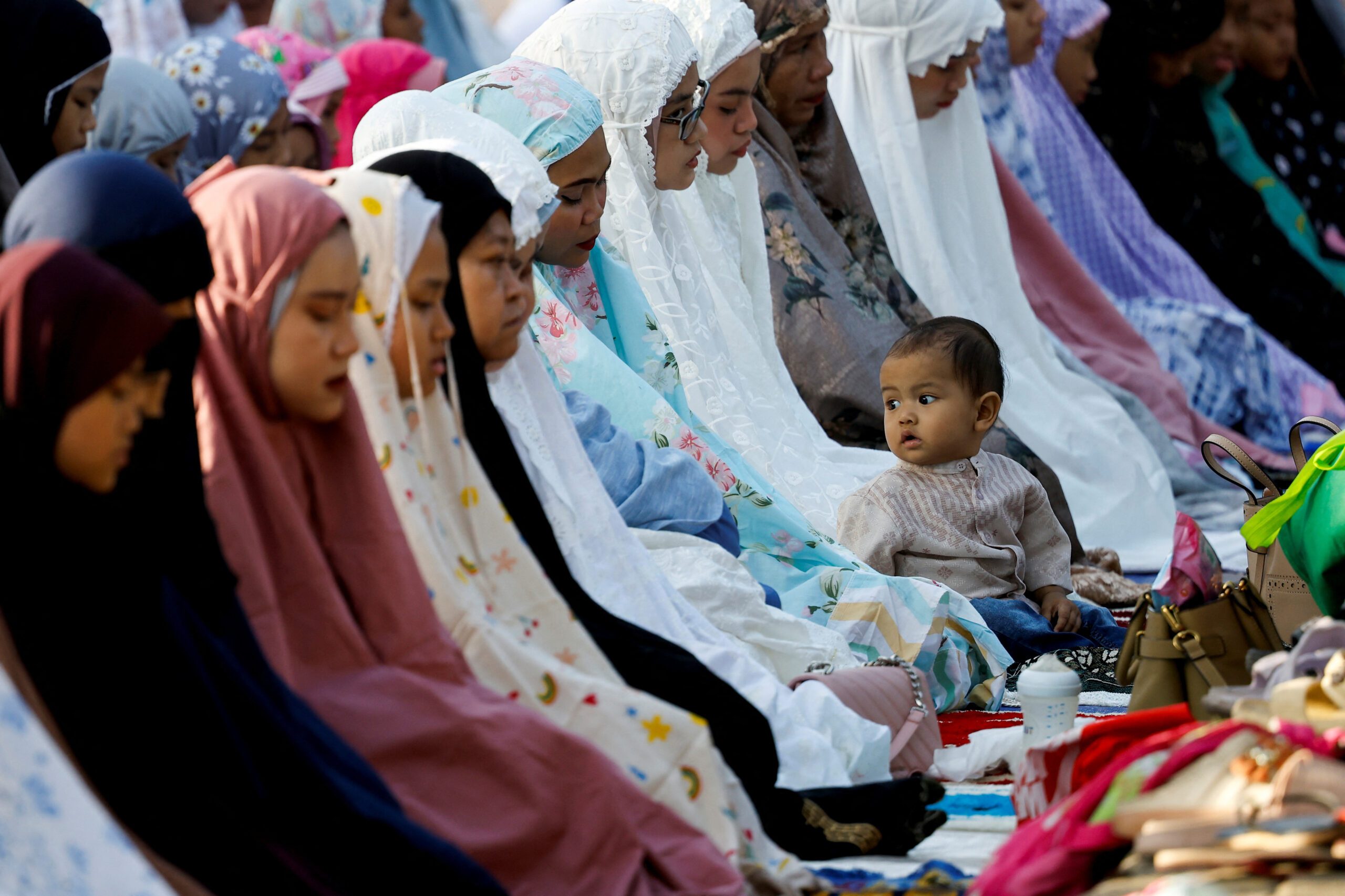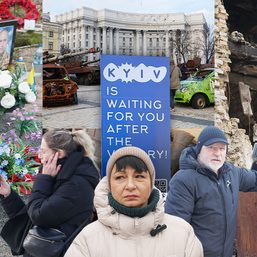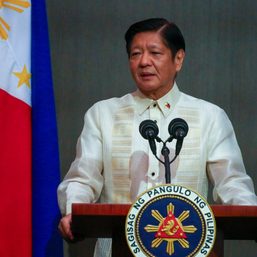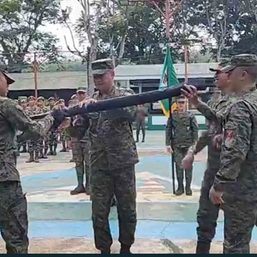SUMMARY
This is AI generated summarization, which may have errors. For context, always refer to the full article.

JAKARTA, Indonesia – The United Nations’ (UN) landmark resolution highlighting the importance of women’s participation in peace and security issues goes beyond armed conflict, an expert and advocates said.
More than two decades ago, the UN Security Council adopted Resolution 1325, which outlined the need for participation, protection, prevention from violence, and relief and recovery of women during times of armed conflict, as well as during times of peace. But the second part on peaceful times is sometimes not immediately understood as some countries in Southeast Asia continue to learn about the women, peace, and security (WPS) agenda, according to Ryce Chanchai, ASEAN (Association of Southeast Asian Nations) governance peace and security lead at UN Women Indonesia.
Speaking in an individual capacity and noting how her views may not reflect her organization’s, Chanchai said that there was still “some misunderstanding” in Southeast Asia that WPS issues are still limited to armed conflict.
“But I think over the recent years, there has been a lot more conversation about how the WPS agenda could be relevant and localized in our region. People started to understand that, no, we’re not talking about a limited narrow lens of armed conflict. But actually looking at the broader sustaining of peace and social cohesion in the region and how non-traditional security issues could be a threat to that very peace that we have,” Chanchai told Rappler on the sidelines of a dialogue among Southeast Asian civil society organizations, academe, and journalists on WPS in Jakarta on Thursday, April 24.
Chanchai said that since Southeast Asia could be seen as relatively peaceful compared to other regions like the Middle East and Africa, the limited idea of WPS may have caused some to think that the WPS agenda was not relevant to the ASEAN context. But discussions on “non-traditional security issues” like cybersecurity, climate change issues, and human rights violations have made the WPS agenda more relevant.
An example she pointed to was the COVID-19 pandemic, when the world saw how it was not only a health crisis, but an economic crisis that also caused social tensions.
In the Philippines, for instance, then-president Rodrigo Duterte used a militarized approach in enforcing pandemic measures, and one way women were affected here were how police abused sex workers who needed to cross local borders affected by lockdowns.
ASEAN has a regional action plan for WPS, and within Southeast Asia, just the Philippines, Indonesia, Vietnam, and Timor Leste have their localized national action plans.
WPS in LGBTQ+ rights, prevention of domestic violence
Arisdo Gonzalez, an Indonesian activist, described how he learned to relate the WPS agenda to his work in online content creation about feminist and lesbian, gay, bisexual, transgender, and queer (LGBTQ+) rights.
In creating content about breaking down the patriarchy, and empowering women and the LGBTQ+ community, he said he initially never thought that women, peace, and security was relevant to his work. But after attending an event organized by the Global Network of Women Peacebuilders in Manila in July 2023, and attending the April dialogue in Jakarta organized by the same group, he saw that he could participate in the WPS agenda though his work in empowering marginalized groups.
“I began to think that what I’m doing has a framework of WPS, for creating a safe place for women to reach the peace for women, transgenders, and other folks,” he told Rappler on Thursday, April 25.
Gonzalez, who comes from an organization called Pelangi Nusantara (Rainbow Archipelago), said that discrimination against the LGBTQ+ community was still rampant in Muslim-majority Indonesia. When he came out on social media, he said he received more than 50,000 hateful comments, mostly from religious users. He had to temporarily deactivate his TikTok for a while because of the hate.
He said that the WPS agenda highlights the rights of women and LGBTQ+ to speak out about experiences of violence.
Meanwhile, in Timor-Leste, domestic violence remains a major issue for women, according to Ba Futuru (For the Future) project coordinator Jacinta Pereira. The United Nations Population Fund reported that 59% of girls and women aged 15 to 49 have experienced physical or sexual violence in the country.
Even if there are various Timorese organizations working on addressing domestic violence, Pereira said that the efforts were still not enough to change perpetrators’ behaviors.
With a WPS agenda, Pereira said organizations like hers could be guided on how to effectively prevent violence against women at the level of the home, and not just the war zone.
“It can help especially for our organization to implement better our national action plan,” she said.
Chanchai said that while it is easy to first think of women as victims in times of insecurity, there is still a need for ASEAN actors to consider how to maintain its relative peace, and address the pockets of violence in the region.
“We need to consider in a relatively peaceful region like ours how you get more women to be in peace and security decision making. Because quite honestly, and this is my personal belief – we won’t have as many wars as we have today if we have a lot more women in that space,” she said. – Rappler.com
Add a comment
How does this make you feel?



![[OPINION] Expectations for Philippines-US-Japan trilateral cooperation: A view from Japan](https://www.rappler.com/tachyon/2024/04/tl-ph-usa-jp-cooperation.jpg?resize=257%2C257&crop=447px%2C0px%2C1080px%2C1080px)
![[Rappler’s Best] The greatest connector](https://www.rappler.com/tachyon/2024/05/rapplers-best-greatest-connector-May-13-2024.jpg?resize=257%2C257&crop=271px%2C0px%2C720px%2C720px)

![[Just Saying] The Philippines’ embarrassing abstention from the UN resolution calling for peace](https://www.rappler.com/tachyon/2023/11/20231101-PH-abstentation-UN-resolution.jpg?resize=257%2C257&crop=262px%2C0px%2C720px%2C720px)

There are no comments yet. Add your comment to start the conversation.